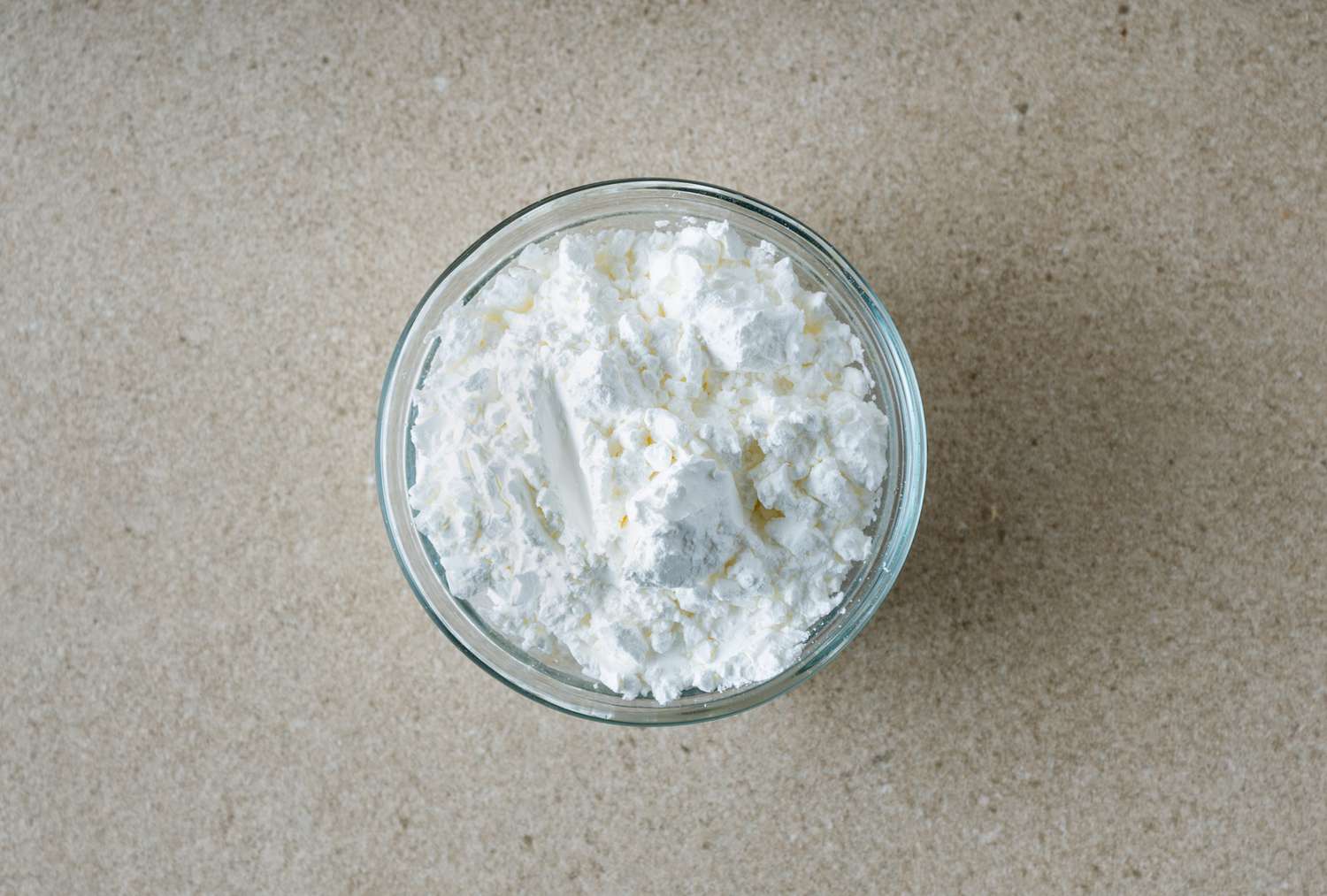Dangers of chronic inflammation
When a wound gets red, swells and heals after a few days, that’s known as acute inflammation. As part of the healing process, the body releases chemicals to trigger an immune response, which helps protect the injured area.
But in some cases, inflammation becomes chronic inside the body, which puts the immune system in a constant state of high alert. When inflammation lingers, the immune system has to continuously release chemical compounds and white blood cells. Over time, this causes cellular damage that can harm healthy tissues and organs.
Research has linked chronic inflammation to heart disease, type 2 diabetes, Alzheimer’s disease, cancer and any disease that ends in “itis” (arthritis, colitis, etc.).
Food and inflammation
People with chronic inflammation are advised to adopt lifestyle habits that help reduce inflammation. This may include a combination of physical activity, adequate rest and a nourishing diet filled with anti-inflammatory foods.
Which foods are inflammatory?
Many foods in the typical ‘Western’ diet fuel inflammation. The average American gets almost 58% of calories from ultra-processed foods, which are pro-inflammatory due to high quantities of sugar, trans fat, salt, refined flour, additives and preservatives. Foods made from these ingredients, including processed meat, fast food, baked goods, deep-fried foods, candy and soda are pro-inflammatory.
A recent study published in the Journal of the American College of Cardiology, found that people who eat the most inflammatory foods have almost 50 percent higher risk of developing heart disease.
Which foods are anti-inflammatory?
On the other hand, an anti-inflammatory diet is high in whole foods including vegetables, fruit, whole grains, fish, beans, nuts, herbs, and spices. The entire dietary pattern matters more than any singular food, and variety is encouraged.
But confusion often abounds when it comes to choosing healthy oils. Most oils are pressed from vegetables, nuts and seeds, which are on the “good for me” list — so are all oils equally nutritious? It turns out that there’s more to it. In addition to the type of fat in each oil, the health benefits depend on how the oil was processed, and how it’s used in your kitchen. Read on to learn about the best and worst oils for inflammation.

Oils and inflammation
Oils are never comprised of just one type of fat. Instead, they are made up of a variety of fatty acids in differing amounts. Oils are classified based on the predominant fat:
- Monounsaturated: Olive, avocado, canola, almond, and peanut oils
- Saturated: Coconut and palm oils
- Omega-3 polyunsaturated: Flaxseed oil
- Omega-6 polyunsaturated: Corn, soybean, grapeseed, safflower, sunflower, hemp, walnut, and cottonseed oils
Which oils are anti-inflammatory?
To help combat inflammation, choose oils that higher in monounsaturated fat or omega-3 polyunsaturated fat. Good choices for anti-inflammatory oils include olive oil, avocado oil and flaxseed oil.
Olive Oil
Studies show that monounsaturated fats found specifically in olive oil can help protect against heart disease by reducing the action of inflammatory markers, such as interleukin-6 and tumor necrosis factor, which are pro-inflammatory agents in the body.
A meta-analysis of 30 studies found that daily consumption of olive oil (between 1 mg and 50 mg) resulted in a decrease in C-reactive protein and interleukin-6, which are markers of inflammation. The study also found that olive oil may be beneficial for endothelial function, which is another way it can lower heart disease risk. Endothelial cells release substances that control immune function.
Avocado Oil
There have not been as many studies conducted on avocado oil, but its high level of monounsaturated fat indicates that it may have similar beneficial effects.
Flaxseed Oil
Omega-3 fats also have anti-inflammatory properties, so flaxseed oil is also a good choice. It is best used cold, but should not be used for cooking. The anti-inflammatory nature of flaxseed oil may help reduce the risk of cardiovascular disease, cancer, arthritis, osteoporosis and some autoimmune disorders. Plus, a recent study showed that flaxseed oil helped reduce inflammatory markers and disease severity in people with colitis, an inflammatory bowel disease.
Which oils are inflammatory?
We can’t group all vegetable and seed oils in the same category. Their health benefits depend on their fatty acid profiles, how they were extracted and how they are using in cooking. Let’s start with the inflammatory vegetable oils to avoid: any oil high in omega-6 fat, such as corn oil and soybean oil.
While a small amount of omega-6 fats is essential for overall health, studies show that our intake of omega-6 fats has increased. At the same time, our intake of beneficial omega-3 fats has decreased. Our diets used to have a 1:1 ratio of omega 6:3 fats. Now that ratio is closer to 20:1. The problem? Too much omega-6 fat contributes to chronic inflammation. And omega-3 fats are protective against inflammation, but we’re not getting enough of these.
The ratio has changed dramatically because corn oil and soybean oil, which are both high in omega-6 fats, are used in many ultra-processed foods. It’s estimated that soybean oil consumption has increased 1000-fold from 1909 to 1999. Relying on soybean and corn oil to the exclusion of omega-3-rich foods further promotes inflammation.
And what about coconut oil? To date, its popularity outpaces clinical studies that support any health benefits. One meta-analysis of 16 studies found that coconut oil did not significantly affect markers of inflammation such as C-reactive protein (so it’s neutral), but that it may raise cholesterol levels. More studies are needed.

How to choose anti-inflammatory oils
To combat chronic inflammation, a balanced diet needs the right oils! It’s fine to have more than one oil in your pantry, since they have subtly different flavors, viscosities and culinary uses. For an anti-inflammatory diet, the best choices for oils are olive oil or another cold-processed oil that’s high in monounsaturated fats, and flaxseed oil for the omega-3 fats.
Choose cold-pressed oils
Beyond fat profiles, it’s also important to pay attention to how oils have been processed, and whether heat and chemicals are used. Some oils are heated, refined, filtered to remove color, and deodorized using steam distillation. This refining process removes vitamin E, carotenoids and other antioxidants and can affect the fatty acid profile, rendering the oil less nutritious than before it was processed.
Choose for oils that are made by crushing or pressing plants or seeds, rather than through heat or addition of chemicals. This is where the term “cold pressed” comes in to play. Often seen on bottles of flax, avocado and olive oil, it means that the oil was not heated during extraction. Cold-pressed canola oil is also available, but harder to find.

Which oils are best for cooking?
Heat can change the fatty acid profile in cooking oils. Every oil has a smoke point, above which the oil starts to burn. This affects the flavor and the nutrient profile, and creates free radicals, which can damage healthy cells and lead to inflammation. So, no matter which oil you choose, when trying to combat inflammation, don’t heat the oil past its smoke point:
- Safflower: 510°F
- Refined olive: 460°F
- Soy: 460°F
- Corn: 450°F
- Peanut: 450°F
- Sunflower: 440°F
- Cottonseed: 420°F
- Canola: 400°F
- Avocado: 400°F
- Grapeseed: 390°F
- Coconut: 350°F
- Cold pressed extra virgin olive: 350°F
- Hemp: 330°F
- Walnut: 320°F
- Flaxseed: 225°F
Cold-pressed extra virgin olive oil has a relatively low smoke point compared to other oils, so it’s best for low and medium-heat cooking. Studies show that refined olive oil is more stable than other refined oils, plus it has a higher smoke point and resists oxidative deterioration. However, the refining process means that it has fewer antioxidants.
The bottom line
You can use a variety of oils for different purposes, but for the best anti-inflammatory potential, make sure your kitchen has a bottle of extra virgin olive oil or avocado oil for everyday cooking, and flaxseed oil for cold dishes like salads.
Related:
- What Is High-Polyphenol Olive Oil?
- Anti-Inflammatory Soup Recipes
- Our Olive Oil Recipe Collection




